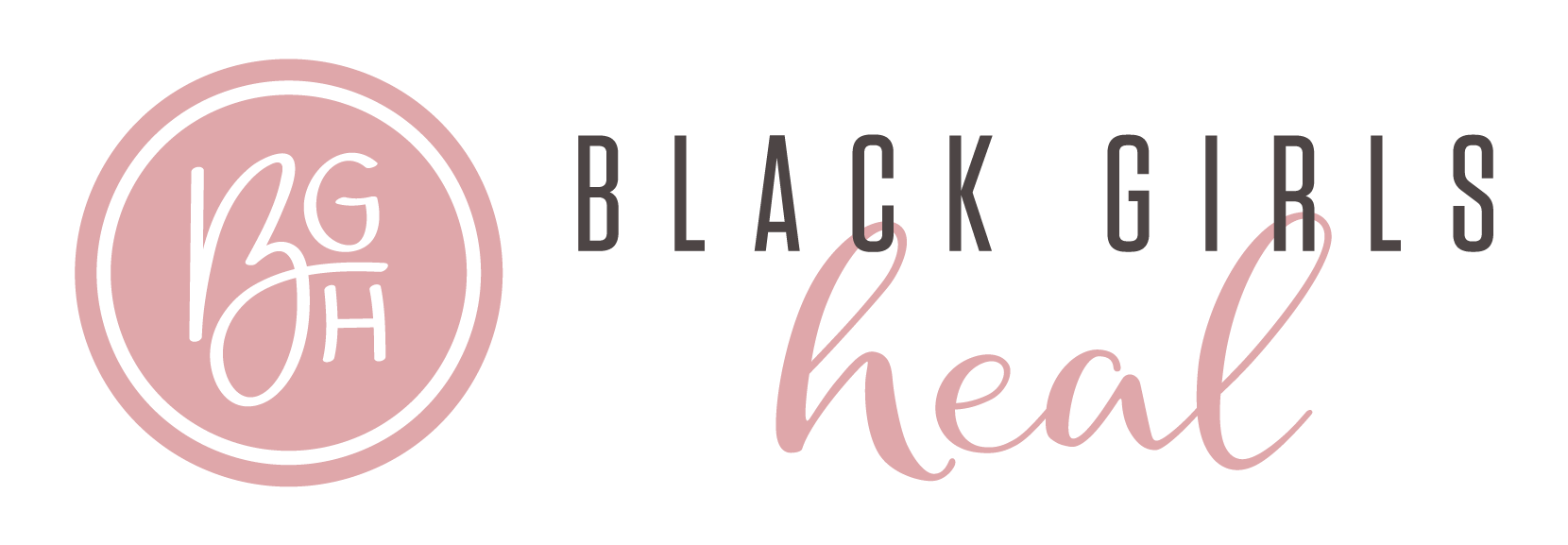The Power of Sisterhood and How to Find Your People
Ever notice how certain wounds don't seem to heal no matter how many journal pages you fill or how many self-help books you read? That's because some healing simply wasn't meant to happen in isolation. As someone who's spent years working through my own trauma—sometimes alone in my room and sometimes surrounded by sisters who get it—I've discovered that community doesn't just support our healing, it accelerates it in ways solo work never could.
Why We Need Each Other to Truly Heal
When we're dealing with intimacy disorders, attachment issues, or recovering from love addiction, there's only so far we can go alone. These issues literally developed in relationship with others, so it makes sense that they need to be healed in relationship too.
Think about it—how can you practice being vulnerable if there's no one to be vulnerable with? How can you learn to trust if there's no one showing up consistently to earn that trust?
The truth is, healing in community gives us something essential: a safe space to practice. It's like having a lab where we can experiment with new ways of showing up, expressing our needs, and connecting authentically. And when we stumble (because we all do), we have others there to help us make sense of what happened.
Finding Your Healing Community
Now for the practical part that many of us struggle with: where exactly do you find these mythical healing friendships? Here's what's worked for me and my clients:
Healing circles have been absolute game-changers. Whether they're focused on specific trauma, spiritual growth, or general personal development, these intentional gatherings create space for the kind of deep sharing that builds real connection. Group therapy offers similar benefits with the added layer of professional guidance.
Don't overlook interest-based communities either. Some of my deepest friendships started in book clubs, fitness groups, and creative workshops. The key is finding spaces where people are already somewhat vulnerable—where they're learning, growing, or expressing themselves. These environments naturally break down the surface-level interactions that keep most adult relationships stuck in the acquaintance zone.
Why Most Adult Friendships Never Deepen
Here's the hard truth about why many of us struggle to form deep friendships as adults: we're not investing enough. Real friendship requires the same intentional investment as any other important relationship. It means initiating hangouts, remembering details about their lives, showing up when they need support, and making yourself emotionally available.
This investment isn't just about time—it's about emotional courage. It means being willing to share your real struggles, not just your highlight reel. It means risking rejection when you reach out. And perhaps most challenging, it means allowing people to see parts of you that aren't perfectly healed or put together.
For those of us with trauma histories, this vulnerability feels especially risky. Our nervous systems are wired to protect us from the very openness that friendship requires. That's why healing in community is both challenging and necessary—it helps rewire those protective patterns that no longer serve us.
If you take nothing else from this, please remember that you deserve a circle of sisters who see you, support you, and show up for you. The journey to find them might be longer than you'd like. There will be disappointments and false starts along the way. But I promise you this: when you finally find your people—those who can hold space for all of you—the healing that happens in that sacred container will transform not just your relationships, but every aspect of your life.
Your healing journey doesn't have to be a solo pilgrimage. In fact, it was never meant to be.
